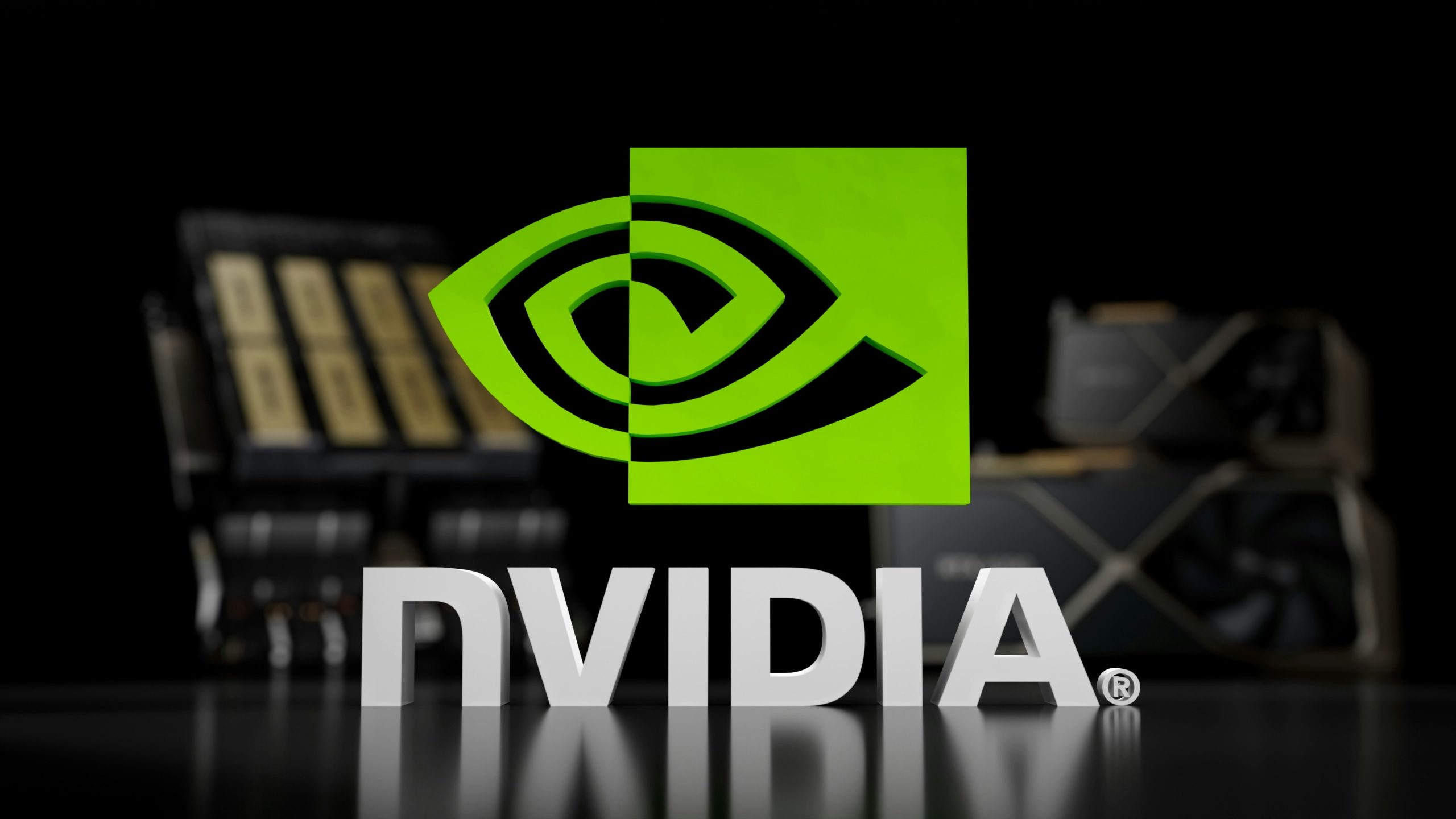When “obsolete” becomes your ticket to one of the world’s most lucrative tech markets, you know you’re in strange territory.
Last Monday, President Trump announced a jaw-dropping deal: Nvidia and AMD could resume selling their AI chips—Nvidia’s H20 and AMD’s MI308—to China, but only by giving the U.S. government 15% of all revenue from those sales. The rule applies exclusively to those models.TIMEWindows CentralThe WeekReutersAP News
This isn’t your everyday export license. It’s a quasi-tax, a pay-to-play scheme that has analysts calling it unprecedented—and constitutionally suspect.MarketWatch+1Windows CentralThe GuardianReuters
What’s the Deal with H20?
The H20 chip is Nvidia’s sanctioned workaround for China. Built on the older Hopper architecture—successor to Ampere—it’s purposely neutered in compute chops, but still industry-leading for AI inference workloads.WikipediaWall Street Journal It packs 96GB of HBM3 memory and delivers a blazing 4.0 TB/s bandwidth for data transfer.watsemi.com
Nvidia has already placed large orders—300,000 units from TSMC—anticipating massive Chinese demand.Wikipedia
Blackwell in the Crosshairs
Trump didn’t stop at H20. He floated the idea of allowing a downgraded version of the next-gen Blackwell chip, trimmed to 30–50% of its original performance, in exchange for similar revenue-sharing terms.Financial Times+1Reuters
Blackwell, Nvidia’s latest microarchitecture unveiled in early 2024, is touted to be up to 30× faster than its predecessor. Allowing a toned-down spin to enter China would be a seismic shift.ReutersFinancial Times
Politics Meets Profit
Trump framed this as a win for the U.S., joking he initially asked for 20%, but settled for 15% “for the country.”AP NewsThe Times of India Reportedly, the deal might funnel over $3 billion to the U.S. Treasury from Nvidia and AMD combined.MarketWatch
But critics are alarmed. Is America monetizing its export controls—and potentially fueling China’s AI ambitions—just to line federal coffers?TIMEMarketWatch+1 Legal experts warn it might be unconstitutional and a slippery slope for future tech diplomacy.Windows CentralMarketWatch
China’s Cooling Reception
Beijing’s not cheering. State media decried Nvidia’s chips as “technologically inferior,” “insecure,” and even “environmentally harmful.”Reuters Regulators summoned giants like Tencent, Alibaba, and ByteDance over their H20 purchases. In sensitive sectors they’re being discouraged—or even ordered—to avoid the H20 entirely.Reuters+1Investors.com
Still, demand in private firms persists thanks to the H20’s strong inference capabilities.arXivTechnology MagazineTIME
The Technical Snapshot
| Chip Model | Architecture | Memory | Bandwidth | Targeted Use | Notes |
|---|---|---|---|---|---|
| H100/H800 | Hopper | – | – | Global AI data center | Original high-end models |
| H20 | Hopper | 96 GB HBM3 | ~4 TB/s | AI inference (China) | Purposefully limited |
| Downgraded Blackwell | Blackwell | Likely reduced specs | – | Future China exports | Proposed, 30–50% performance cut |

